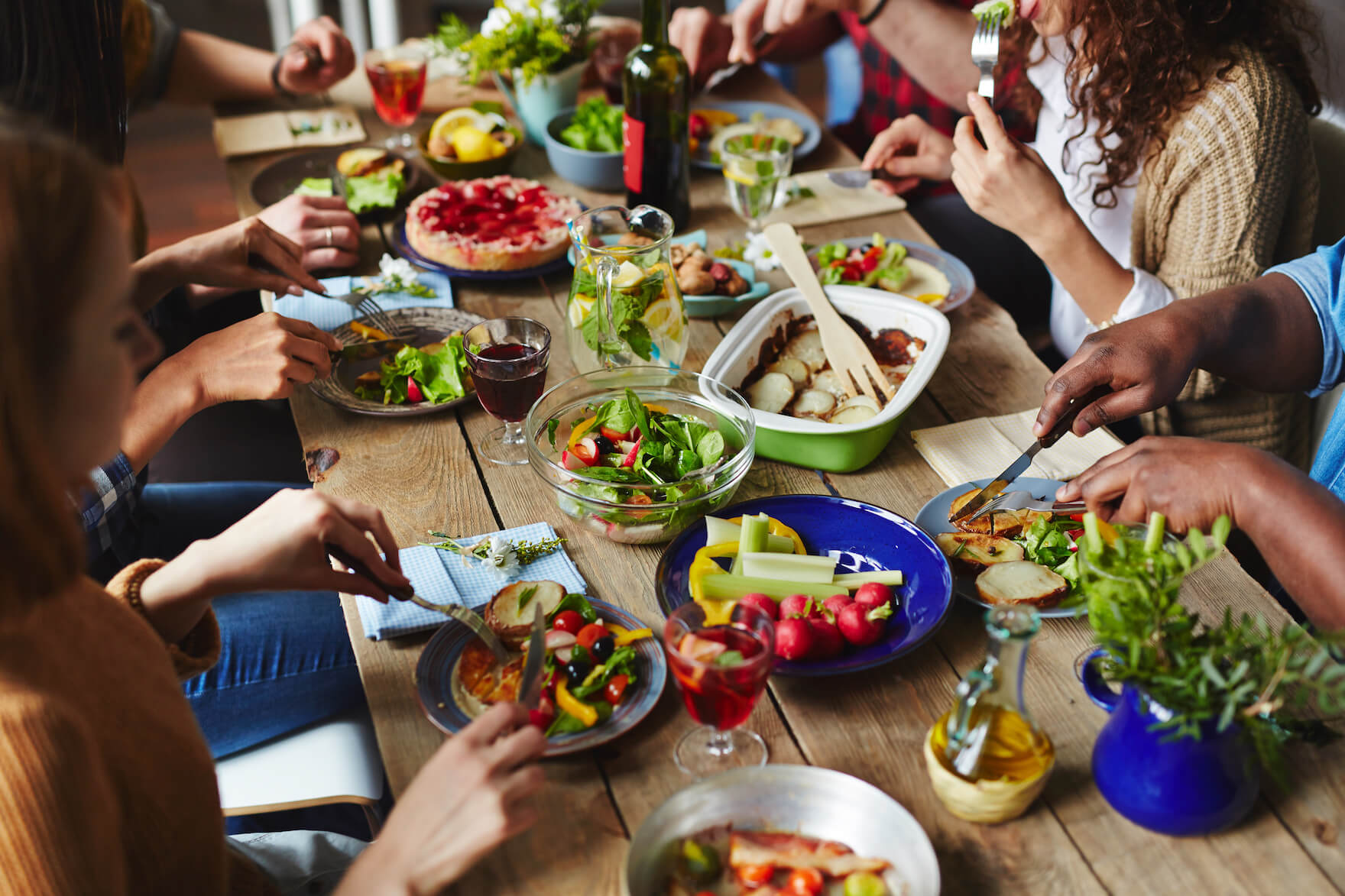The new trends in the food sector mainly respond to a particularly current economic, geopolitical and climatic contingency. Climate change, first, the Covid 19 pandemic and the war in Ukraine, in the last few years, have placed greater attention on choices in the food sector, radically changing them due to the lack of raw materials.
A reflection on the new food systems is now a need for all operators in the sector. Consumer choices have differentiated and moved towards solutions that allow savings not only in purely economic terms, but also in terms of energy and reduction of environmental impact, with greater attention to the consumption of easily accessible and local products.
This has led to the development of new trends in the food sector that outline what the food of the future will be. Therefore, as already experienced during the pandemic, keeping up with the times, intercepting consumer requests and new solutions to satisfy them is the only inevitable way to react to the economic slowdown in a global perspective.
Food Report 2023: what is changing
One of the main research institutes, the Zukunftsinstitut in Frankfurt, published the “Food Report 2023” with which it highlighted that all the food trends of recent years can be summarized in four macro areas. Knowing and understanding them is necessary for both producers and for consumers.
In fact, supporting the new food trends would lead to a wide range of benefits both in terms of economic recovery and social and environmental sustainability for the production and distribution of products.
Halal and Kosher food – The trend linked to the culinary traditions of the Islamic and Jewish culture is increasingly growing, since more and more brands and restaurants are approaching these cuisines. But what is the halal meaning? And why is it acquiring more importance? Halal refers to what is allowed under the Islamic law, similarly Kosher means the same in Judaism. As a consequence, Halal or kosher food refers to the permissible food, as it satisfies and respects specific religious precepts in terms of origins and production process of the raw materials. These branches of ethnic cuisine represent a sector in strong growth and with profit margins, as a matter of fact the global halal food and beverage market is expected to grow from $2.09 trillion in 2021 to $3.27 trillion by 2028.
Veganism – This macro area includes trends based on vegan diets, which often reinterpret traditional recipes by replacing animal products with plant-based products. This choice is dictated by greater attention to health and sustainable diet.
Glocalism – The second macro area corresponds to the geolocation. It indicates an innovative approach to food consumption. This neologism, born in Japan and then translated into English, combines the concept of “globalization” with that of “local” and indicates the diet of those who choose local products to replace imported products, evaluating not the economic convenience, but the local procurement of the product, preferring an attenuated and responsible globalization, more attentive to small local and eco-sustainable agricultural realities.
Regenerative food – This trend is also realized with an extreme sensitivity to the environmental factor. In fact, choosing products deriving from regenerative agriculture means preferring and sponsoring systems based on production that is attentive to local conditions (meteorological, climatic, natural) in order to reduce greenhouse gas emissions and the use of fertilizers, antibiotics or growth accelerators. In this way the production of raw materials becomes virtuous and leads to a real “regeneration” of the fertile soil by aiming to natural microbiological diversity. This is possible by applying new technologies in a manner geared to safeguarding biodiversity and the ecosystem (new knowledge is combined with ancient knowledge).
Take advantage of the difficulties for growth
The new trends, the ease of access to information, the possibility of each consumer to be able to make informed choices, have led to brand new work systems. Many businesses have “reinvented” their work by using technology. Think of all delivery systems, communities created for the exchange of products, advice, recipes.
This has made the final consumer more involved and has created a new class of entrepreneurs who, more and more often, convert their activities into eco-friendly ones. It is clear that this is a medium-long term vision and that for a radical change we still have to wait for the systems to become fully operational; for example, the transition to the glocal approach can take up to five years. But important signals are already coming from large companies that are actively committed to promoting a new production concept.








Add Comment